Nutritional Value
Animal protein is excellent for muscle building and development.
The fat in beef, also known as beef tallow, significantly increases the calorie content and plays a vital role in providing abundant energy for the body.
Vitamin B group, Zinc, Iron, and essential minerals are important for maintaining and developing the body and stabilizing blood cells.
Creatine, Taurine, and Glutathione provide energy to the muscles, act as antioxidants, and supplementing with ruminant fat can bring many health benefits.
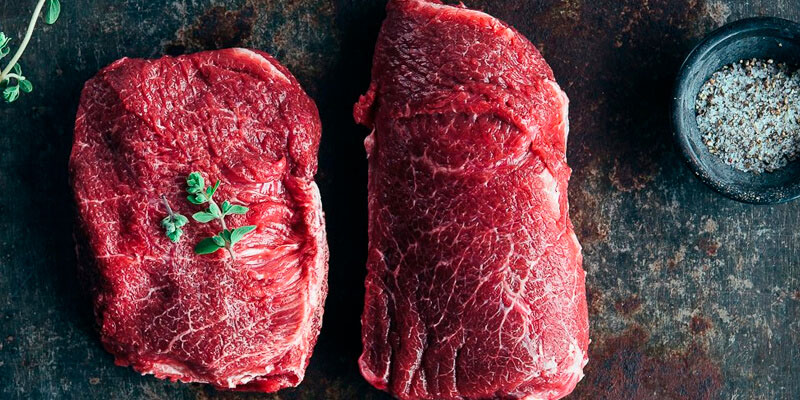
Benefits
Beef is an excellent source of protein, containing all the essential amino acids and providing energy to the body. It can also help form, maintain, and develop muscles, reducing the risk of Sarcopenia.
Carnosine reduces fatigue and contributes to improved performance during exercise.
Beef is a rich source of iron, which helps prevent anemia when consumed regularly.
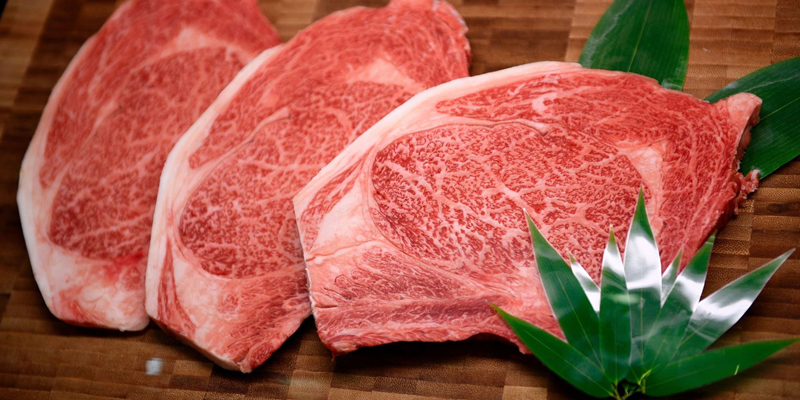
Beef and Heart Disease
Some hypotheses suggest that eating beef increases the risk of heart disease due to the high content of saturated fat, which can raise cholesterol levels and contribute to cardiovascular issues.
However, there is currently no concrete evidence to support this claim.
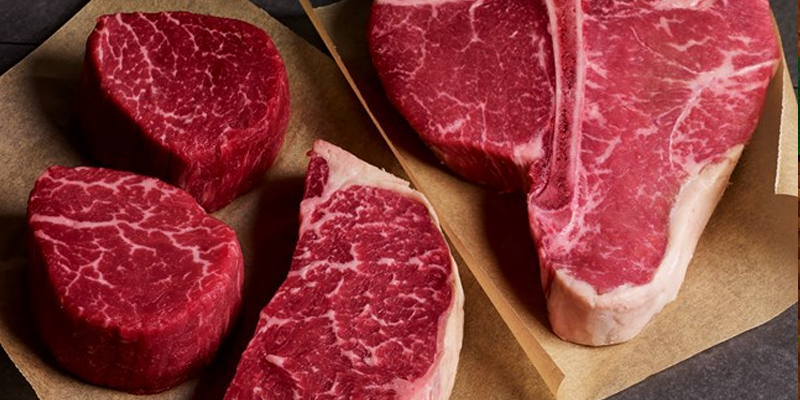
Beef and Cancer
Observations have indicated that consuming large amounts of beef increases the risk of colorectal cancer.
In certain studies, Heterocyclic Amines and heme iron produced during beef processing are considered carcinogenic. However, these compounds only form when beef is overcooked at high temperatures.
Additionally, the individuals in these studies had unhealthy lifestyles, such as consuming excessive amounts of meat while eating insufficient fruits, vegetables, and fiber.
Therefore, it cannot be conclusively stated that beef causes cancer.
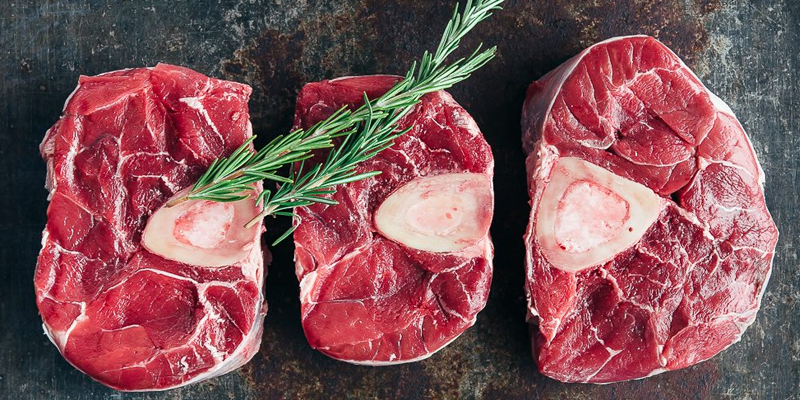
Harmful Effects
Raw or undercooked beef may contain tapeworms, a type of parasite that lives in the intestines and can lead to stomach pain.
Some people experience iron overload due to excessive iron intake from their diet.
Beef raised on grass and grain for weight gain can have negative health effects.
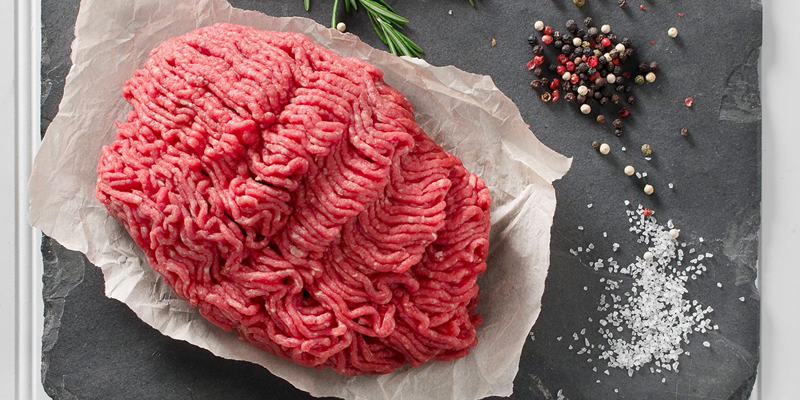
Precautions when consuming beef
Avoid consuming raw or undercooked meat. Cook the meat at moderate temperatures to prevent overcooking, which can make the meat tough and reduce its nutritional value, potentially forming harmful compounds.
It is recommended to consume a moderate amount of beef, ranging from 300 – 500g per week.
Do not eat beef with seafood, chestnuts, black beans, or soybeans, as these combinations can hinder the absorption of nutrients from the meat.
Drink tea two hours before or after consuming beef.
Individuals with high blood pressure, cardiovascular disease, hyperlipidemia, kidney stones, or gout should refrain from consuming beef.
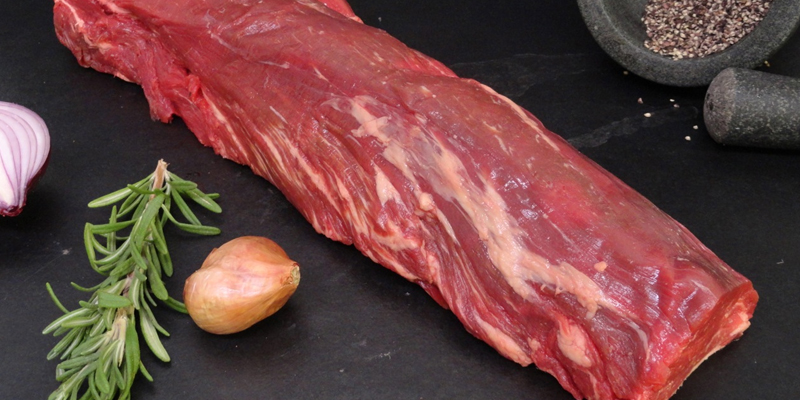
While beef offers numerous health benefits, overconsumption or cooking at high temperatures can have adverse effects. It is advisable to use unprocessed beef and cook it thoroughly to maintain good health and adopt a healthy lifestyle.
Discover Unusual Ironing Techniques to Improve the Appearance of Clothing
If you’re looking to achieve a pristine, wrinkle-free appearance to your clothes, then ironing is a must-have in any household. But are you aware of the different techniques and tricks out there that can help you save energy, maintain the life of your ironing board, and do a better job ironing? In this article, we’ll be unlocking the secrets to some of the best ironing hacks that you won’t find anywhere else.
Guide to Safe Ironing Practices: A Step-by-Step Approach
Using an iron correctly is a great way to ensure your garments look neat and presentable. However, it is important to take safety measures into consideration when handling an iron to minimize potential damage to garments and potential risks of fire or explosions. This article will discuss tips on proper handling of irons for maximum performance, safety and longevity.





































